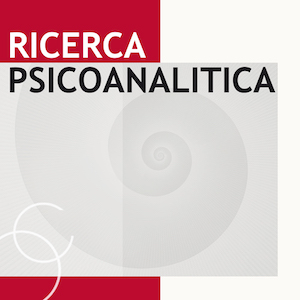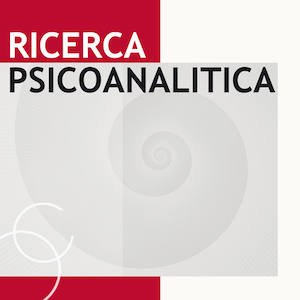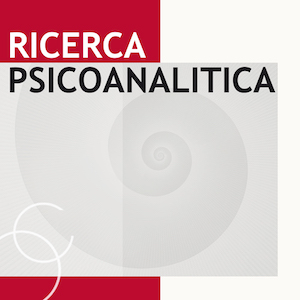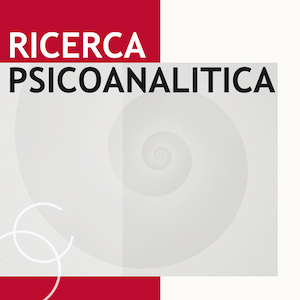On violence in health care: between violence against caregivers and violence of care
All claims expressed in this article are solely those of the authors and do not necessarily represent those of their affiliated organizations, or those of the publisher, the editors and the reviewers. Any product that may be evaluated in this article or claim that may be made by its manufacturer is not guaranteed or endorsed by the publisher.
Accepted: 14 May 2023
Authors
After indicating some psychological characteristics of violence, the article focuses in particular on the phenomena of social, institutional, and political violence, and points out that after Freud’s writings on war and the psychology of the masses, this topic has been somewhat neglected by psychoanalytic research. It then points out that in recent years, after 9/11, great interest has been aroused on the topic by psychoanalysts and group analysts. The socio-cultural roots of violence are explored, and the role exerted jointly by the norms and pressures of groups and institutional cultures as well as the passive-dependent and conformist tendencies of individuals. The article then deals specifically with violence in healthcare contexts, exploring violence targeted against caregivers, particularly after the COVID pandemic, both by users and by the media and public opinion, on a physical, verbal, and psychological level, as well as institutional violence – which fuels conflicts between the various actors in the health care system – and violence intrinsic to the processes of care, which often require the patient to undergo objectively distressing or coercive measures and conditions. In the concluding section, some approaches and methods that have proved useful in preventing these forms of violence are indicated.
How to Cite

This work is licensed under a Creative Commons Attribution-NonCommercial 4.0 International License.
PAGEPress has chosen to apply the Creative Commons Attribution NonCommercial 4.0 International License (CC BY-NC 4.0) to all manuscripts to be published.










